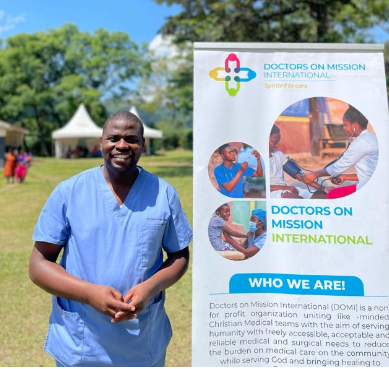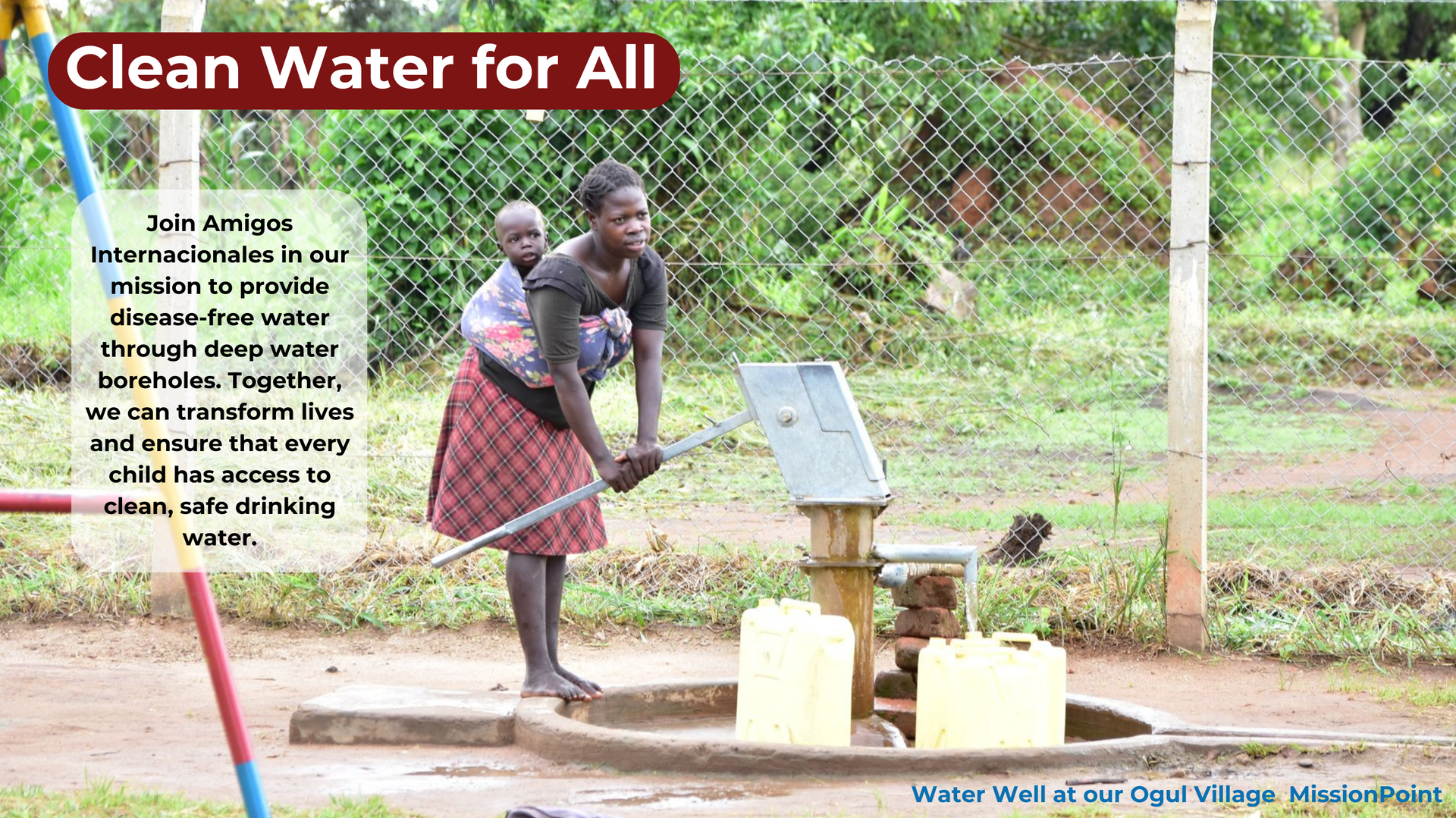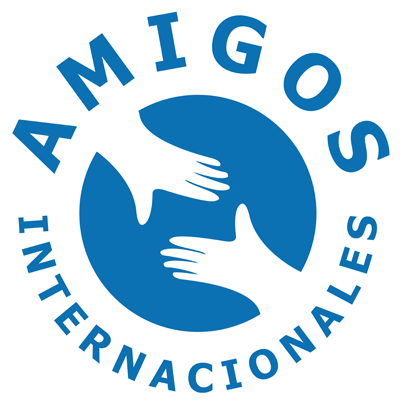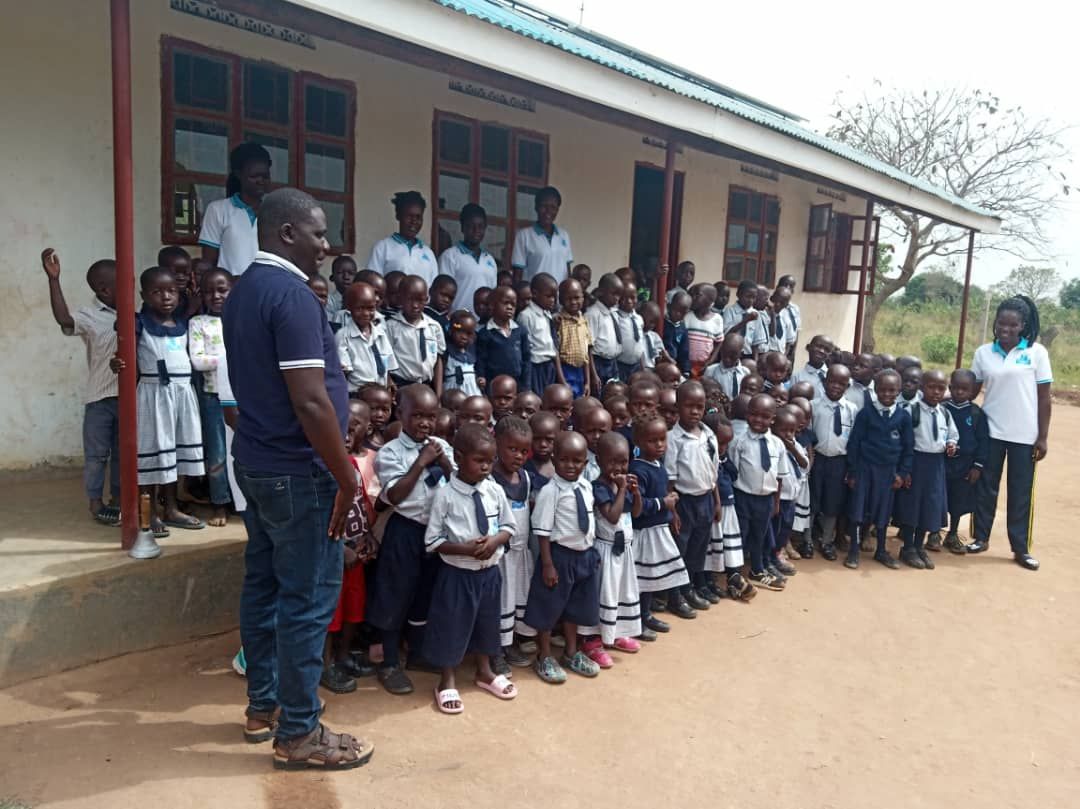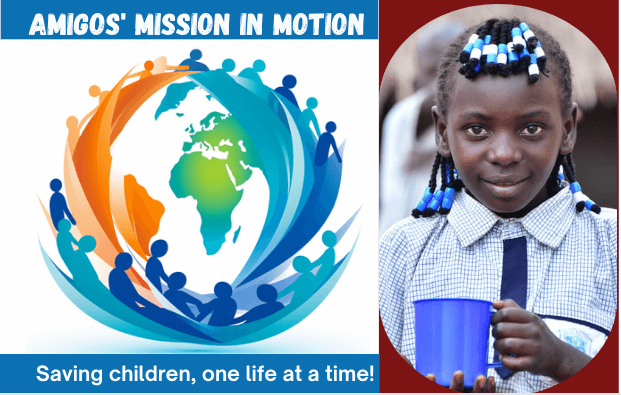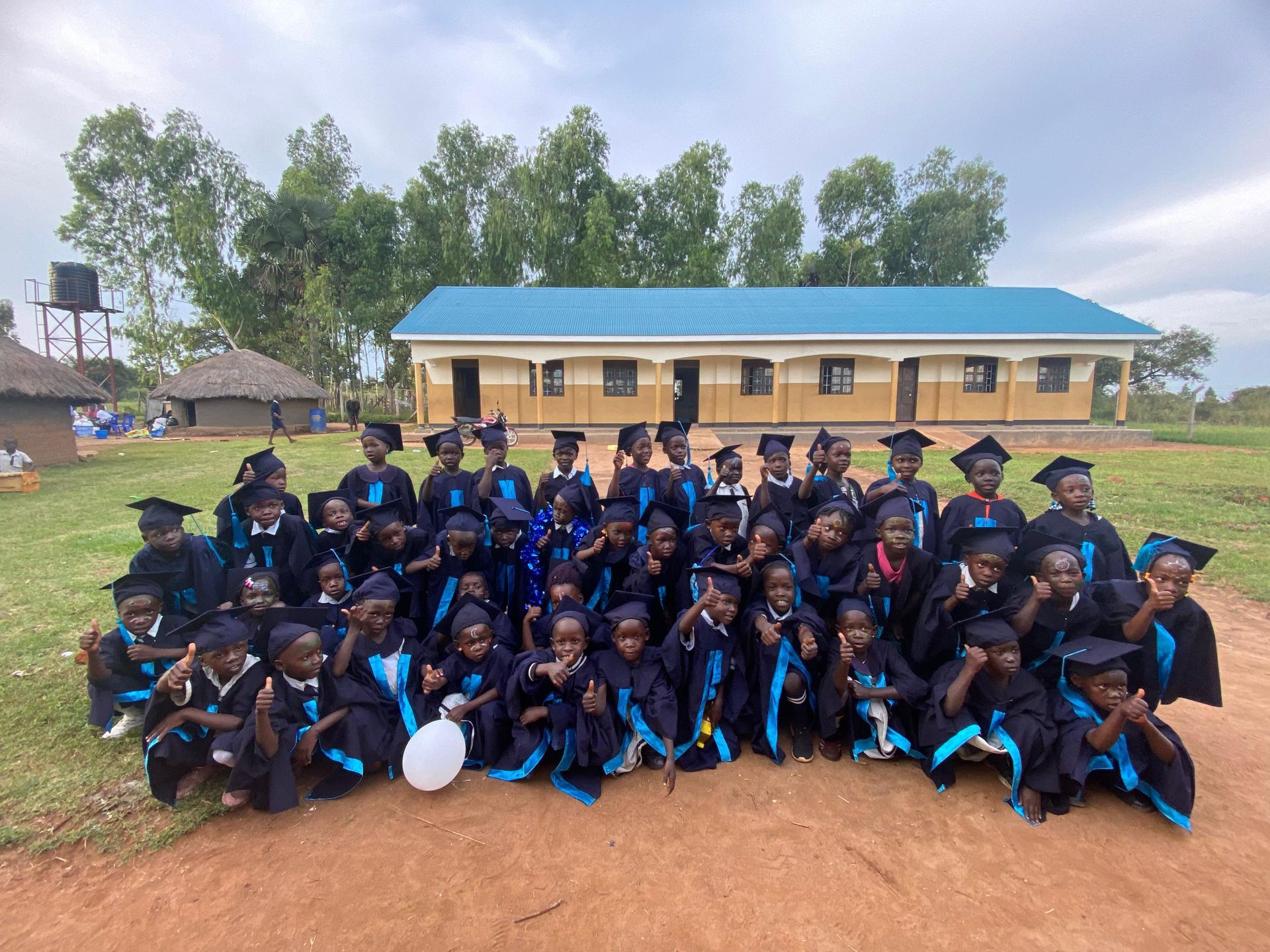Understanding the cycle of poverty
Understanding the cycle of poverty is crucial to addressing its impact on individuals and communities. The cycle often begins with limited access to quality education, which can lead to insufficient job opportunities and inadequate income. This, in turn, perpetuates the lack of resources for proper healthcare, nutrition, and housing, further entrenching individuals and families in poverty. Education support programs play a pivotal role in breaking this cycle by providing resources and opportunities for individuals to gain knowledge and skills, empowering them to improve their socioeconomic circumstances.
Importance of educational support
Educational support plays a crucial role in breaking the cycle of poverty. It provides individuals with the necessary tools and resources to improve their knowledge and skills, ultimately increasing their chances of securing better job opportunities. Furthermore, educational support empowers individuals to make informed decisions and contribute positively to their communities. This support can come in various forms, such as mentorship programs, access to quality education, tutoring services, and financial assistance. Overall, by fostering an environment that values and facilitates educational support, we can make a significant impact on breaking the cycle of poverty.
Access to quality education
Access to quality education is crucial in breaking the cycle of poverty. According to research, individuals who have access to quality education are more likely to have better employment opportunities, higher income, and improved living standards. Quality education can provide the necessary skills and knowledge to help individuals escape the cycle of poverty and lead a more sustainable life. Key points to consider:
- Quality education includes access to well-trained teachers, updated educational materials, and a supportive learning environment
- Quality education can empower individuals to make informed choices and contribute positively to their communities
- Access to quality education can help in reducing the economic disparities and promote social mobility
Breaking barriers
Educational support can play a key role in breaking the cycle of poverty. It provides individuals with the tools they need to overcome barriers and create opportunities for themselves. By receiving a quality education, individuals can develop the skills and knowledge necessary to pursue higher-paying careers and improve their standard of living. This, in turn, can lead to greater economic stability for individuals and their families, ultimately breaking the cycle of poverty within communities.
Empowering individuals and communities
Empowering individuals and communities through educational support can have a significant impact in breaking the cycle of poverty. By providing resources and opportunities for education, people can gain the skills and knowledge they need to improve their lives and the lives of those around them. This support can lead to increased employment opportunities, better health outcomes, and a stronger sense of empowerment and agency. Through education, individuals and communities can build a brighter and more promising future, breaking free from the constraints of poverty.
Support systems for students in need
Many students facing poverty greatly benefit from support systems in school. These support systems often include tutoring, counseling, and access to resources such as food and school supplies. Research has shown that such support can significantly improve a student's academic performance and overall well-being. Having a strong support system is crucial in breaking the cycle of poverty for these students.
Transforming mindset and future opportunities
Educational support can play a crucial role in breaking the cycle of poverty. By providing access to quality education and resources, individuals can develop the mindset and skills needed to create better future opportunities for themselves. This includes improving their ability to pursue higher education, gain valuable skills, and ultimately elevate their socioeconomic status. Through a combination of mentorship, academic support, and access to educational programs, individuals can break free from the constraints of poverty and work towards a brighter future.
Collaborative efforts and government initiatives
Collaborative efforts and government initiatives play a crucial role in breaking the cycle of poverty through educational support. When different organizations, community groups, and the government work together, they can create more comprehensive and targeted programs to address the root causes of poverty and provide necessary support to individuals and families. This collaboration allows for the pooling of resources and expertise, leading to more effective interventions and sustainable solutions. Government initiatives can further amplify the impact of these efforts by implementing policies and allocating funding towards educational support programs that aim to uplift marginalized communities and provide equal opportunities for educational attainment.
Case studies and success stories
Case studies and success stories provide real-life examples of how educational support can break the cycle of poverty. For instance, a case study from a low-income community showed that a mentorship program for at-risk youth led to a significant increase in high school graduation rates. Similarly, a success story of a young adult who received scholarship support highlighted how access to higher education can lead to better employment opportunities and improved financial stability for individuals and their families. These examples demonstrate the tangible impact of educational support in breaking the cycle of poverty.
Conclusion: the role of educational support
Educational support plays a crucial role in breaking the cycle of poverty. When children and families receive the right educational support, they gain the necessary skills and knowledge to improve their lives. Here are some key takeaways:
- Empowering Communities: Educational support programs can empower communities to provide children with access to quality education, mentorship, and resources.
- Breaking Barriers: By addressing barriers to education, such as lack of resources, mentorship, and guidance, educational support can help children overcome the challenges of poverty.
- Long-term Impact: Investing in educational support can have a long-term impact on individuals and communities, breaking the cycle of poverty and creating opportunities for a brighter future.
In conclusion, educational support plays a vital role in breaking the cycle of poverty by equipping individuals with the tools they need to succeed and thrive.
Categories

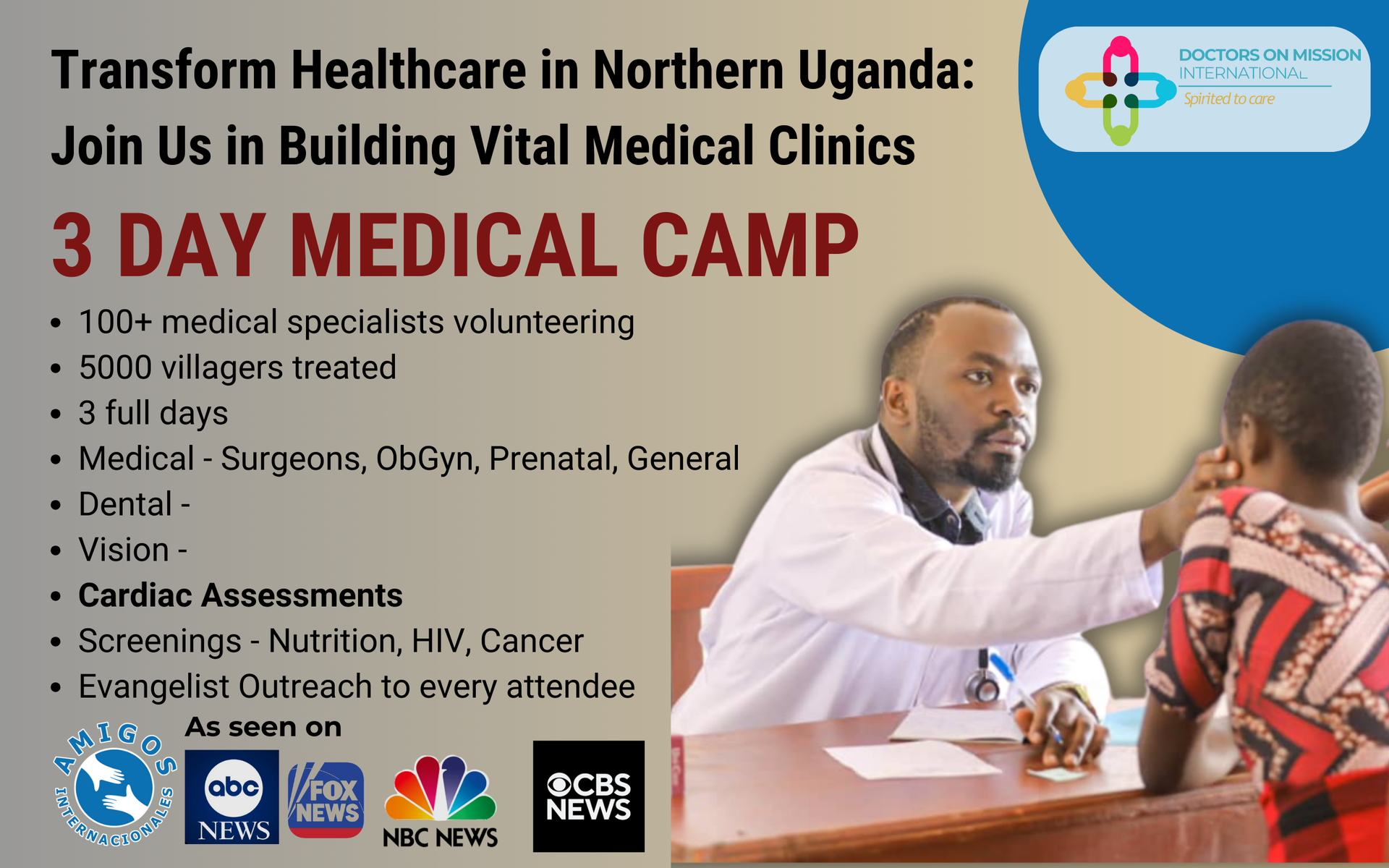
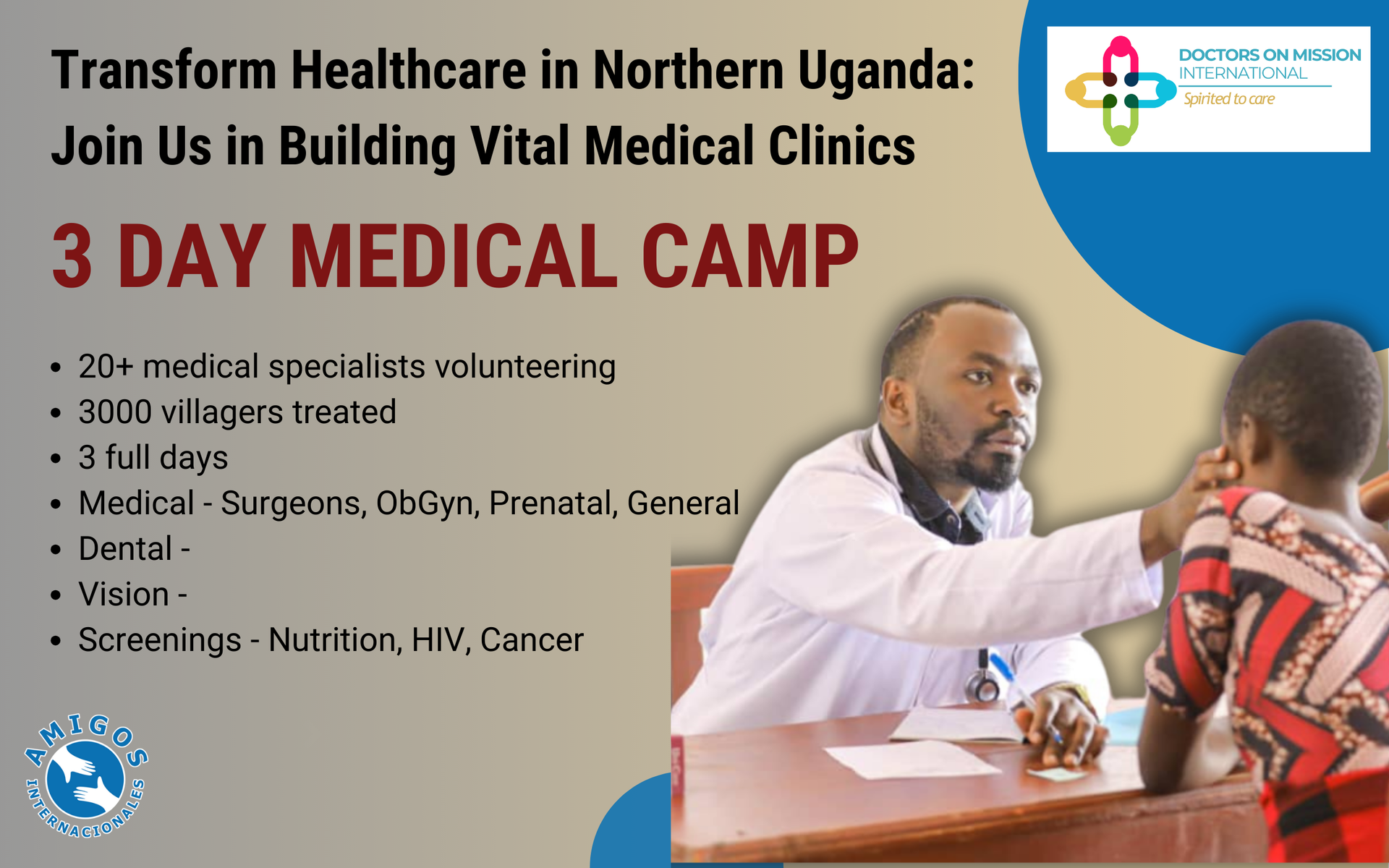




Social Media







